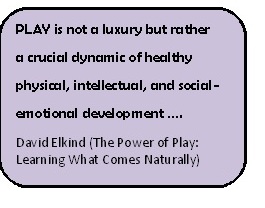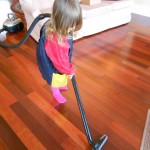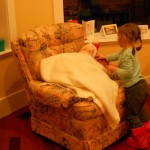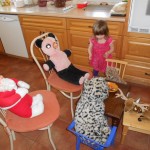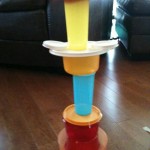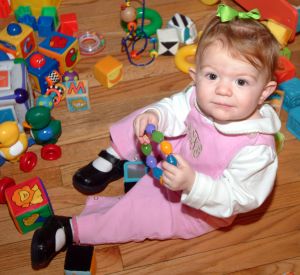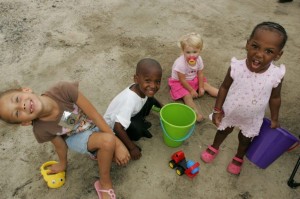Today’s blog post on kindergarten readiness fun and early learning is brought to you by the letter W. Work starts with the letter w, and for children, play is their work. Play is how children learn and the activity can vary from splashing in the tub, zooming a toy car across the floor, lining up all the stuffies, doing a puzzle, building a tower, or hugging a doll. As children play, their brains are creating all kinds of connections and pathways as well as figuring out how the body functions.
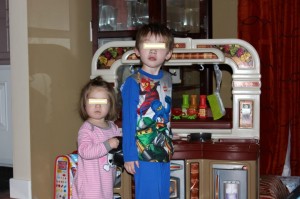 Play happens anywhere and everywhere, and with almost anything. The containers in a kitchen drawer or an empty box can be just as much fun as toys. Kids play both indoors and outdoors, alone or with others. Since W is the letter of the day, how about some fun with wheels, wagons, or water? Put the plug and a little water in the kitchen sink, along with some spoons and containers and kids will happily pour, measure, and discover what floats and sinks, Cars, trucks, and trains all have wheels. Built-in sound effects aren’t needed because kids can make any noise required. Wagons can be pulled outside and filled with all kinds of nature treasures. For more play ideas, here is a podcast link to a radio show that I did with Jeff Johnson, from Explorations Early Learning on Learn and Play with Mrs. A.
Play happens anywhere and everywhere, and with almost anything. The containers in a kitchen drawer or an empty box can be just as much fun as toys. Kids play both indoors and outdoors, alone or with others. Since W is the letter of the day, how about some fun with wheels, wagons, or water? Put the plug and a little water in the kitchen sink, along with some spoons and containers and kids will happily pour, measure, and discover what floats and sinks, Cars, trucks, and trains all have wheels. Built-in sound effects aren’t needed because kids can make any noise required. Wagons can be pulled outside and filled with all kinds of nature treasures. For more play ideas, here is a podcast link to a radio show that I did with Jeff Johnson, from Explorations Early Learning on Learn and Play with Mrs. A.
Play is fundamental to the development and well-being of children and it is our responsibility to protect children’s right to play. What work and play can your child do today?

